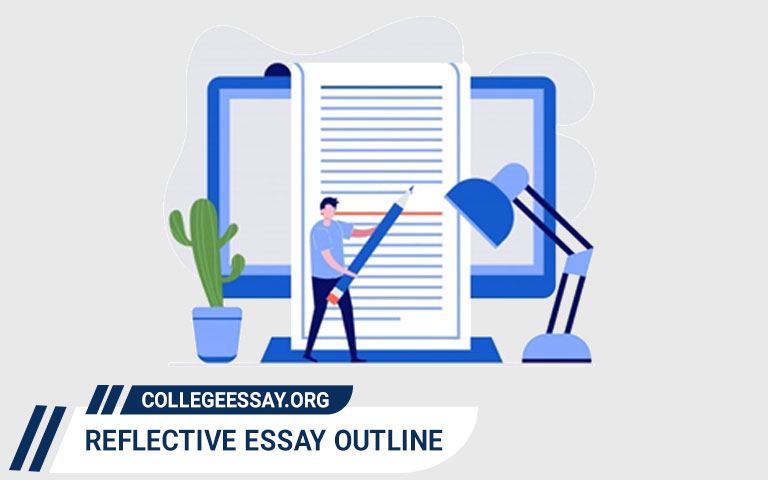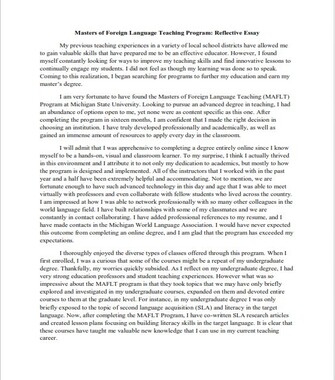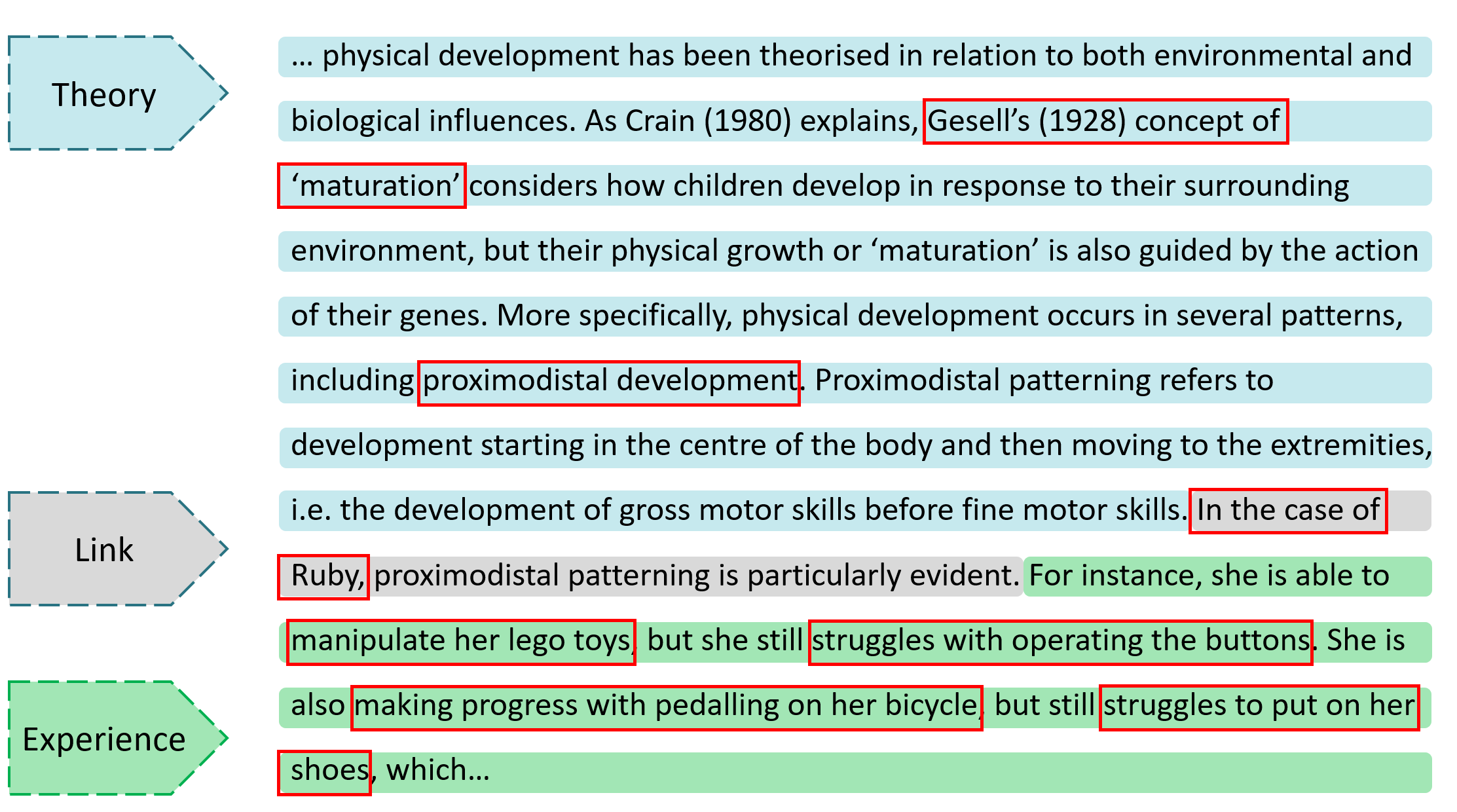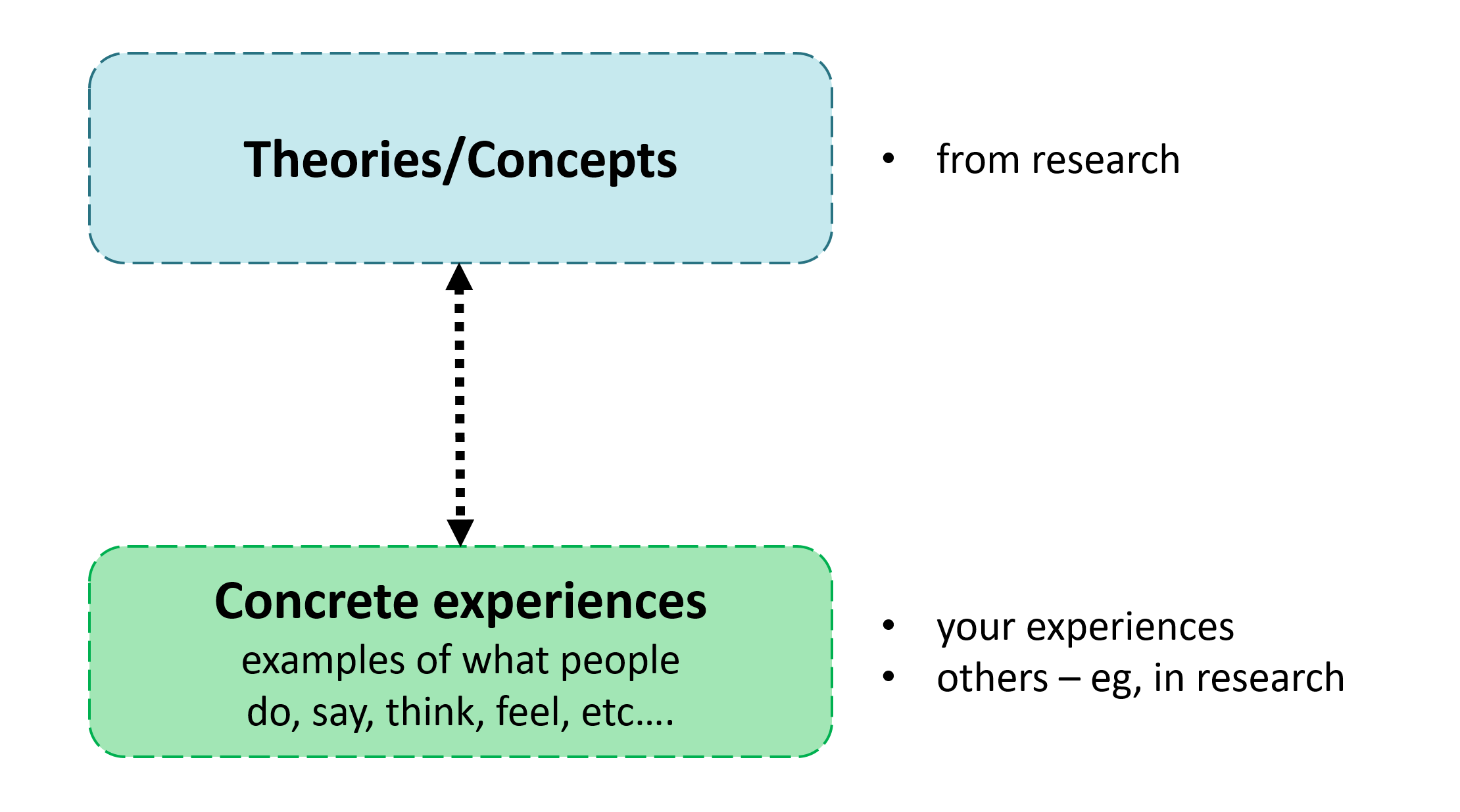
Here’s a very useful tip: although you may feel well prepared with all that time spent reflecting in your arsenal, do not, do NOT start writing your essay until you have worked out a comprehensive, well-rounded plan. Your writing will be so much more coherent, your ideas conveyed with structure and clarity, and your essay will likely achieve higher marks.
– Don’t forget to keep reiterating the lessons you have learned from your experience.
As a starting point, you might want to think about some important experiences in your life that have really impacted you, either positively, negatively, or both. Some typical reflection essay topics include: a real-life experience, an imagined experience, a special object or place, a person who had an influence on you, or something you have watched or read. If you are writing a reflective essay as part of an academic exercise, chances are your tutor will ask you to focus on a particular episode – such as a time when you had to make an important decision – and reflect on what the outcomes were. Note also, that the aftermath of the experience is especially important in a reflective essay
If you want some inspiration for writing, take a look at our example of a short reflective essay, which can serve as a useful starting point for you when you set out to write your own.
What do I write about?

– Don’t think too much about how to start your first sentence or paragraph
– If you need to, refer back to our notes earlier on creating an outline. As you work through your essay, present your thoughts systematically, remembering to focus on your key learning outcomes.
4. Consider how your ideas are connected to each other, then begin the writing process.

If you’re writing a reflection on a certain text, annotate your initial emotions and thoughts while reading it. If you are writing about yourself or an event in your life, brainstorm by making a chart with three columns: past experiences, descriptions, and reflections. This table should help you brainstorm and structurize the introduction and body of your essay.
This is your story, the focus should be on your reflections and experiences. There’s no need to go into detail about someone else in your custom essay. Even if this person had a big role in the experience you will talk about, you should remain professional and describe the actions the person took, not the person.
- Analyze and conclude what you’ve read, heard, or seen
- Make connections between the text and yourself, or other texts and the world
- Think about what you’ve learned and how you can, or will, use the newly acquired information
- Write subjectively (from your point of view) and help identify your interests
- Keep your sentences to the point. Avoid squeezing two thoughts into one sentence.
- Don’t leave sentences unfinished
Reflection Paper Format
The structure of body paragraphs is best discussed in chronological events. Answer the bold questions in the вЂ˜reflection’ section of the table
Wrap up your ideas and demonstrate a sense of how you've developed as a result of the experience. Describe your feelings, mention discoveries, and most importantly, plans for the future.
A reflective essay is a type of writing in which you describe some moment or experience from your life or share your thoughts on some text. The experience should explore your personal ideas, feelings, and opinions about the event and how it affected you. In order to write a strong reflective essay, you should not only explain the change you underwent but also support it with details and examples. For example, if you discuss becoming more optimistic in life, you would discuss how you took a positive approach and how it resulted in a good outcome.
- Identifying theories or parts of theories from research
- Matching theory to concrete experiences, such as examples of what people do, say, think, feel, etc.
- Using language to make clear links from theory to experience (and vice versa)
Connecting personal experience to specific content from your paper/course involves:
These features may be specific to one part of your assignment, or spread throughout, depending on your assignment instructions.
- Your understanding of theories connected to personal experiences
- How you have changed as a result of reflecting on your learning or practice
- What your future plans are
Connecting example 2: Experience to theory
Your ability to relate and match experiences to theory shows deep understanding of content. The concrete details of personal experiences may be your own or experiences recorded in research (depending on your assignment question).
In reflective writing, it’s common to connect personal experience to specific content from your paper/course. Your lecturer may give you assignments that involve showing:
One advantage of example 3 is that you can connect different theories (or different parts of the same theory) to one experience/example. In all three examples, there is a balance of theory and experience, and language is used to make clear links.

An outline helps from the start to the end of the essay, and you can easily finish the essay before the deadline. Collect all information and create a well-structured essay outline. Without a perfect outline, you would never create a good college essay and make it difficult for you.
The reflective essay format is different from other essays. It is a type of writing in which an essay writer uses the MLA format or APA style.
Start the body paragraph with a topic sentence and explain the main idea. The reflective essay body paragraph is categorized into three paragraphs, like other essays.
When writing the outline, one thing to keep in mind is the chronological order. Explain all the events in the logical order. Creating a good outline will make your essay writing phase easy and quicker.
Reflective Essay Introduction

The conclusion wraps the entire essay but does not add irrelevant details. Only add important points in the essay. It is the final part that the reader read, so make it strong and powerful. In this part, encourage the reader to do further research.
The third part will be related to your personal reflections about the event. You need to add supporting details about the event and make a successful essay. In this paragraph, you describe what lessons you have learned after experiencing the event.
Writing the outline is the first step of a well-written essay. An outline helps in your entire essay, and you don’t forget the essay’s main points.

Choosing the right topic for a reflective essay can be a difficult task for many students. Writing a good reflective essay needs creativity and strong skills to express your emotions or feelings in the essay. Here are some guidelines that can help you to select a good reflective essay topic.
In a reflective essay, it is better to give a deeper and meaningful experience to the reader. Write about nature also makes your writing process interesting and takes you to the imagination world.
- Your favorite outlet store
- Your favorite childhood memory
- The most special holiday
- The moment you were scared
- The moment you met your best friend
- What you love about yourself
- Playing with friends when you were a child.
- Favorite book to read
- Playing in the mud as a kid.
- Shifting to a new town or city
Try to recollect minor details about your topic. Remember all the things that link to your topic, and you will have to add in your essay. Note down the ideas about your topic.
Study your Topic
When choosing a topic for a reflective essay about an event, include vivid details. Below are some interesting reflective essay topics, choose from them, and create a good essay.
- The house of your grandparents
- An ice skating rink
- Places where you feel safe
- Your favorite vacation spot
- Which is your favorite lunch spot
- Your first day at the circus
- The mall or your favorite store
- Your first trip abroad
- Best park in your town
- Your favorite adventure
In a reflective essay, you describe your personal memories, and no one else can write to them as you can. A reflective essay is sometimes known as a reading reflection essay.



